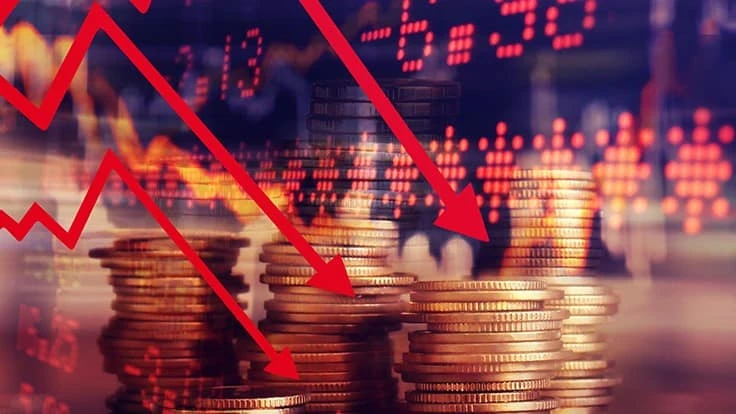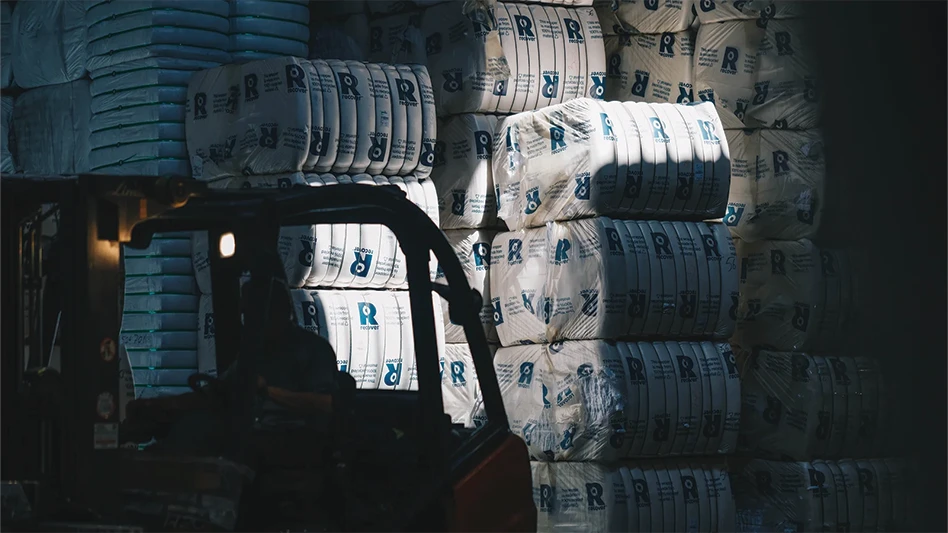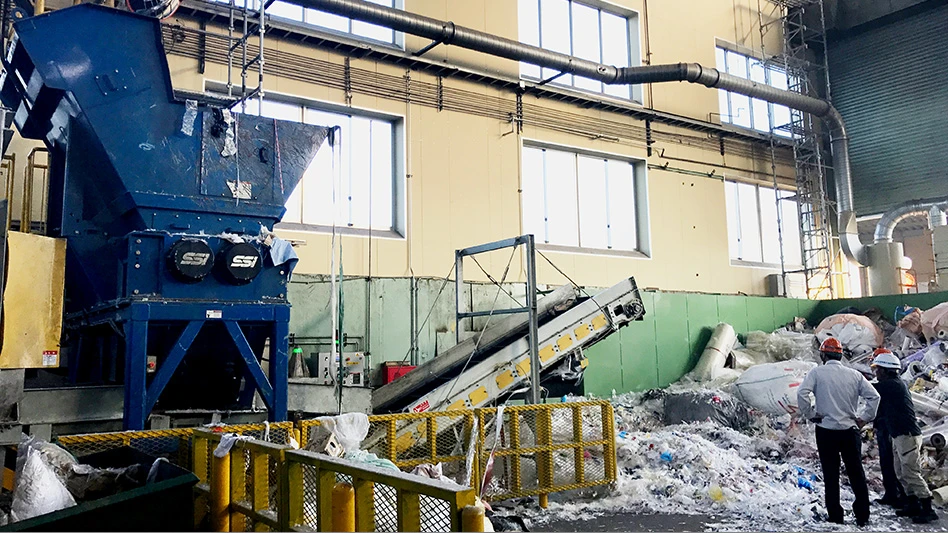
Image provided by Adobe Stock.
In a mid-year report titled “A Crisis Like No Other, An Uncertain Recovery,” the Washington-based International Monetary Fund (IMF) has forecast a decline in gross domestic product (GDP) for 2020 that will outpace the global average.
According to the IMF, “Global growth is projected at minus 4.9 percent in 2020, 1.9 percentage points below the April 2020 World Economic Outlook (WEO) forecast. The COVID-19 pandemic has had a more negative impact on activity in the first half of 2020 than anticipated, and the recovery is projected to be more gradual than previously forecast.”
Relative to Latin America, the IMF has forecast a 9.4 percent GDP decline in its Latin America & Caribbean region. That includes a 9.1 drop forecast for Brazil and a 10.1 percent predicted decline in GDP for Mexico.
A collection of industry reports from scrap recyclers in Latin America, prepared by members of the Brussels-based Bureau of International Recycling (BIR), indicate industrial activity declined severely in the spring, as many nations there clamped down on away-from-home activity.
The figures for Latin America are only slightly worse than what the IMF is forecasting for the United States, where it predicts an 8 percent decline in GDP.
The international lending institution remains optimistic for 2021, predicting a return to GDP growth in Latin America and in the U.S. For 2021 it is predicting 3.3 percent GDP growth in Mexico, 3.6 percent growth in Brazil and 3.7 percent growth in the overall Latin America and Caribbean region. For the U.S., the IMF predicts 4.5 percent GDP growth.
Writes the IMF in its report summary, “As with the April 2020 World Economic Outlook projections, there is a higher-than-usual degree of uncertainty around this forecast. For economies struggling to control infection rates, a lengthier lockdown will inflict an additional toll on activity.”
In terms of recommendations, the IMF writes, “All countries—including those that have seemingly passed peaks in infections—should ensure that their health care systems are adequately resourced. Where lockdowns are required, economic policy should continue to cushion household income losses with sizable, well-targeted measures as well as provide support to firms suffering the consequences of mandated restrictions on activity. Where economies are reopening, targeted support should be gradually unwound as the recovery gets underway, and policies should provide stimulus to lift demand and ease and incentivize the reallocation of resources away from sectors likely to emerge persistently smaller after the pandemic.”
As of July 31, the United Nations’ World Health Organization lists more than 400,000 confirmed cases of COVID-19 in Mexico and nearly 45,000 deaths. The 854 deaths attributed to COVID-19 on July 30 are the most in the nation since July 23.
For Brazil, the WHO dashboard for Brazil shows nearly 2.5 million confirmed cases and more than 88,500 COVID-19-related deaths. Each day from July 23 to July 26, the country recorded 1,000 or more deaths attributed to the virus.
Latest from Recycling Today
- Biden officially blocks Nippon Steel’s acquisition of US Steel
- Highland Sanitation awarded solid waste and recycling contract in Wanamingo, Minnesota
- Ecobat gathers support for California permit renewal
- RecyclX platform designed to provide materials transparency
- Turkish mills sampled wide scrap market in 2024
- GLE Scrap Metal acquires interest in Mallin Cos.
- 2024 marks strong year for Van Dyk
- Recycled metal portrayed as former dictator’s fiefdom





